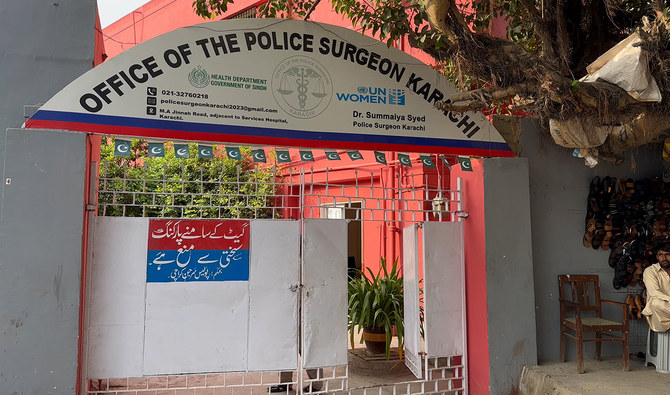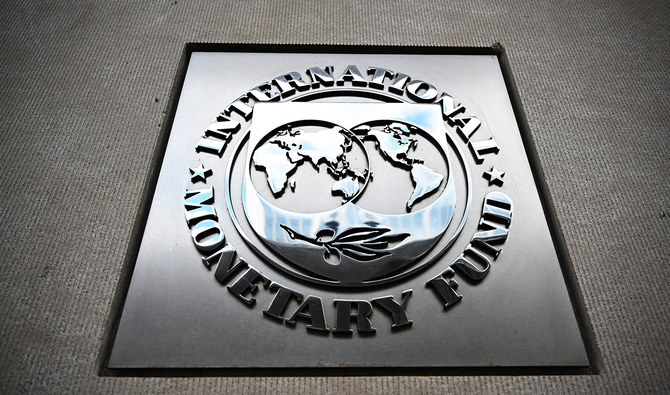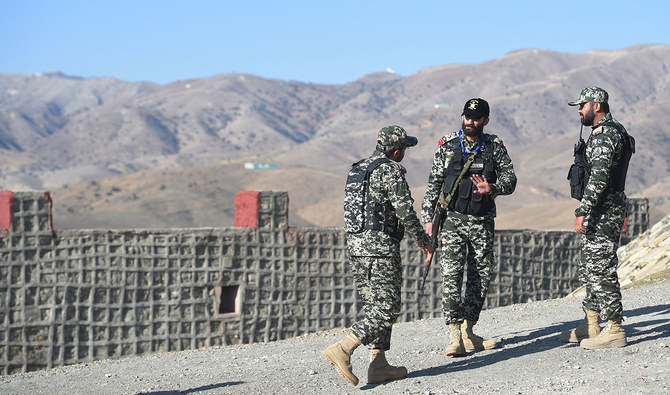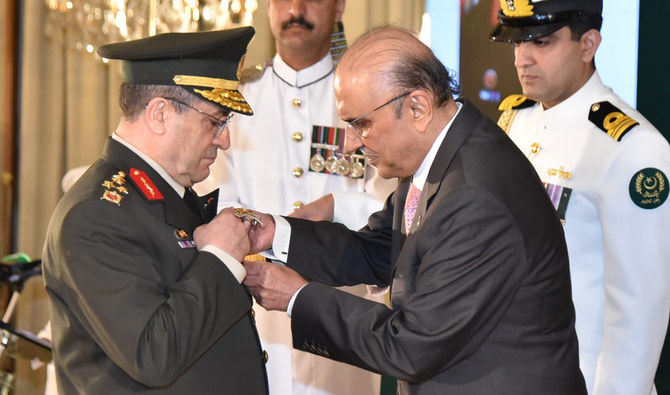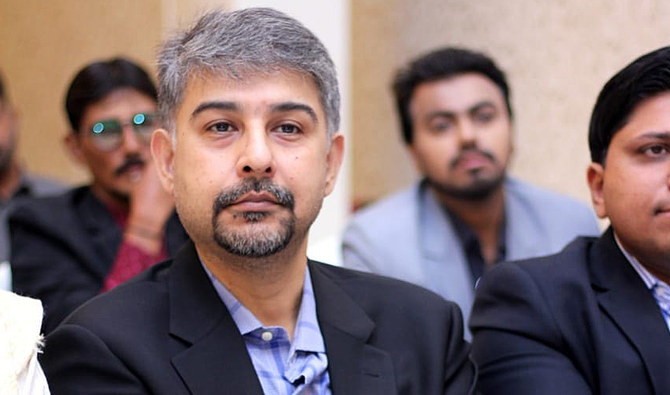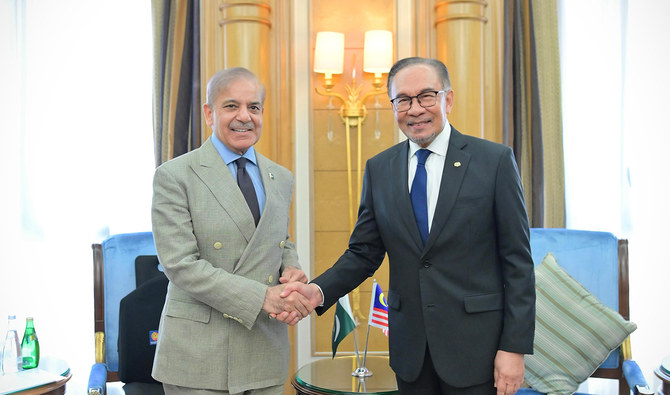KARACHI: A man sat at a desk in a facility inside the Office of the Police Surgeon Karachi, writing furiously in a large ledger.
This is the reception area of Pakistan’s first anti-rape crisis cell, inaugurated in August at the Ruth Pfau Civil Hospital to assist legal cases involving sexual and gender-based violence, including by issuing medico-legal certificates and offering psychological support and legal services.
According to the War Against Rape non-profit group, 5,279 rape cases were reported in 2021 in Pakistan while less than three percent of sexual assault or rape cases result in convictions in the South Asian country, where women rarely speak out after violent assaults, fearing the shame it will bring on them and their families in the conservative Muslim country.
“What you are seeing is a pilot anti-rape crisis cell, the first of its kind to be established under the Anti-Rape Investigation and Trial Act 2021,” Karachi Police Surgeon Dr. Sumaiya Syed Tariq told Arab News during a tour of the facility, which has been set up inside her office premises and caters to male and female victims of abuse.
“This is a pilot, which means we are learning a lot through the running, the day-to-day running.”
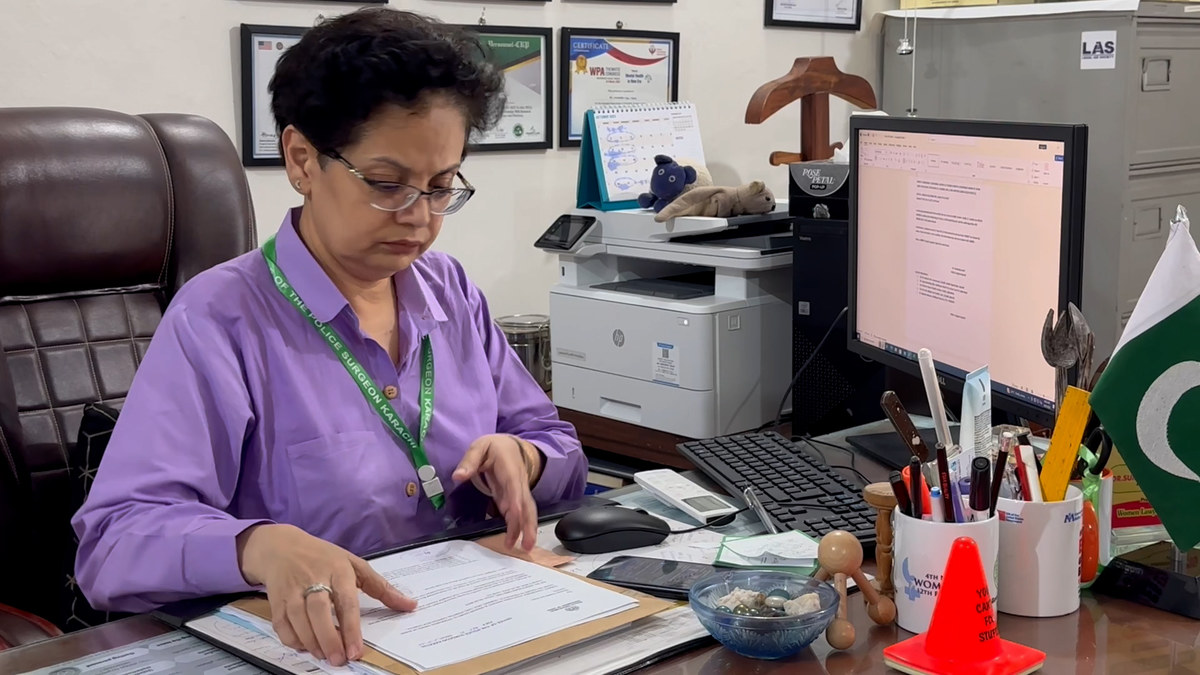
Police Surgeon Dr. Sumaiya Syed Tariq at the Office of the Police Surgeon Karachi, Pakistan on October 6, 2023. (AN Photo)
The pilot project at the civil hospital will be used to shape a model anti-rape crisis facility at the Jinnah Postgraduate Medical Center (JPMC), one of the largest hospitals in Karachi, the doctor added.
The pilot cell works through several steps. An abuse survivor’s details are first entered manually in the ledger at the reception and then added to a computerized system at a second desk known as “Contact Point Number Two.”
The survivor is then briefed about the system in another room by a “support adviser” before being taken to one of a number of crisis rooms where a doctor carries out a medico-legal examination.
Basic outlines on how to conduct the examination are written on a wall inside Crisis Cell Number One, as are instructions on how to document injuries as well as collect specimens and ensure their chain of custody.
“This is basically the main examination room [of the anti-rape crisis cell],” Tariq explained.
Crisis Cell Number Two was a “multi-functional room,” the doctor said, where survivors were provided legal aid as well as police and psychological help. In one corner stood small, colored chairs and a table as well as snacks and stuffed toys of superheroes like Batman, Superman and Spider-Man.
“We use this safe area as an ice breaker for kids as they take a lot of time opening up,” the police surgeon said, referring to child victims of sexual violence.
Sexual assault evidence collection kits as well as a change of clothes for survivors were stored in a small cupboard in the room.
“We also have the toxicology kits for intoxication and all of the other cases,” Dr. Tariq said. “We are required by law to at least have 20 of these, the swabs and everything else.”
A separate women’s bathroom where dignity kits, with sanitary and hygiene items, are kept is also available.
“We have tried to make sure it sort of includes everything as mandated by the law,” Tariq said of the center. “It has a victim-centric approach, we are gender neutral, we are trying to ensure everything is provided here … It’s basically everything under one roof, a one-stop center.”
In the past two months, the cell has handled around 21 cases of sexual violence: six against male survivors all of them under the age of 16 years and 15 cases involving females, four of them minors.
The ultimate goal was to extend the program to every district in Sindh, the doctor added.
“Pakistan is choosing to fight back,” Tariq said, “and we are trying to reclaim our survivors’ mental and physical and sexual health one day at a time.”



